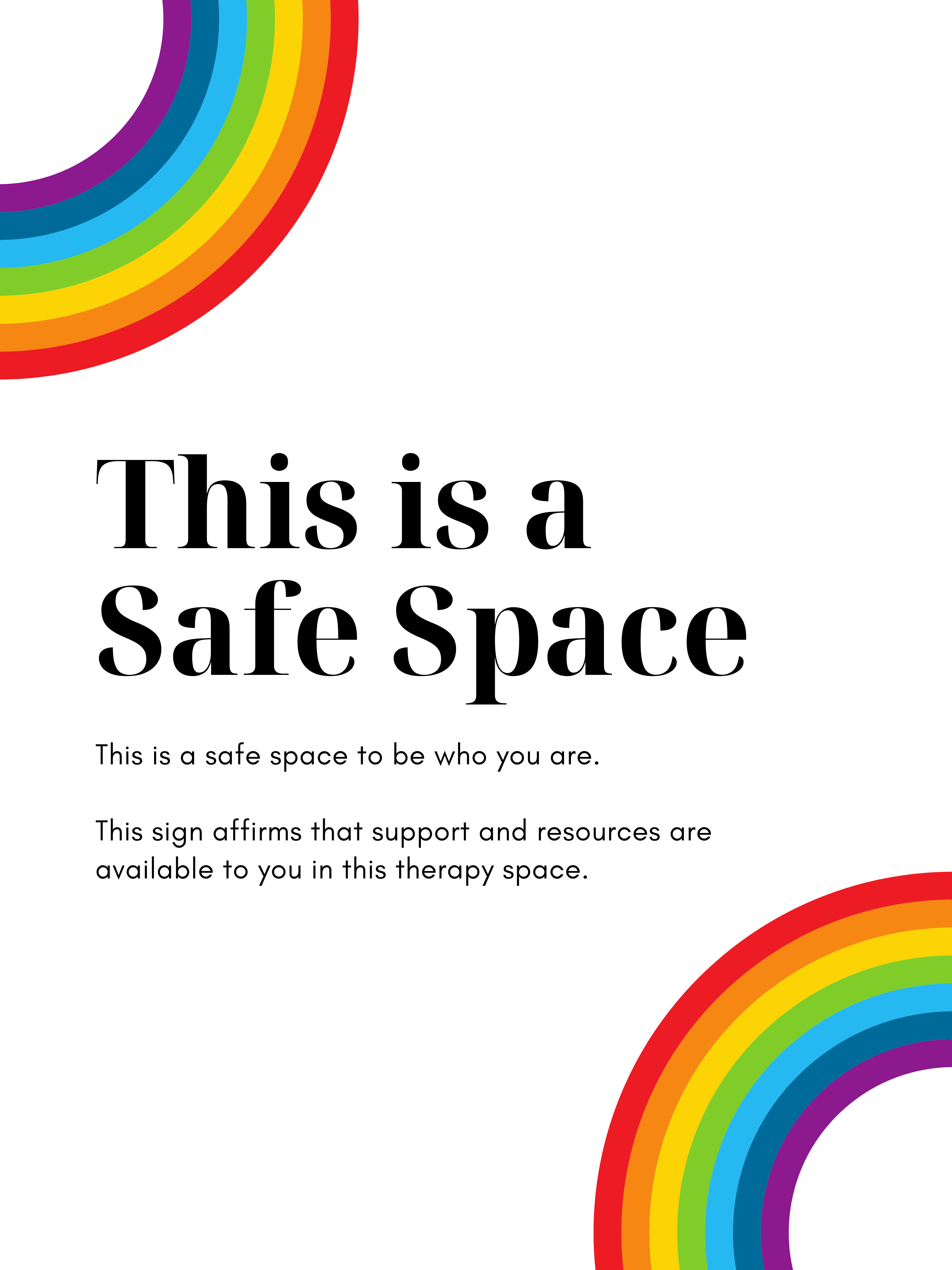When I first considered starting therapy, I was 22 years old and had just recently come out to my mother as queer, and head-over-heels in love with a woman. It was her suggestion that I go to therapy – to figure out what had “caused this.”
I agreed to go to therapy, but made sure to look for a therapist who was queer-identified in order to avoid the risk of having my sexuality pathologized – since I knew in my heart there was nothing wrong with falling in love.
My therapist was incredible and helped to normalize the impact of homophobia. I also learned to accept that my mom was on her own journey of coming to terms with having a queer daughter (and eventually came to be one of my greatest supports), thanks to the compassion and wisdom that came from having a therapist who knew how to help me.

It’s for this reason that I chose to be out as a queer-identified therapist when I first began this work. My visibility has fluctuated over the years based on the circumstances, and my role at various institutions where I have worked.
Here’s my general outlook when it comes to self-disclosing my queer identity in therapy with clients:
There are many benefits of disclosing your queer identity, including greater rapport with clients
In my experience, the top reasons that I found being “out” beneficial include:
- Increased visibility in the community, which makes it easier for queer and questioning clients to find you through word of mouth referrals.
- You gain the ability to build trust and rapport with clients to deepen the clinical work.
- The fact that we exist as a professional with all our intersecting identifies is just plain empowering – even before a client begins working with us. Like one of my former colleagues says, “The Personal is Political is Professional.”
Also, I've found that self disclosing in person (rather than including it in my online bio) gives me more choice, which I enjoyed at my last place of work. Those who requested me from referrals of other queer and trans clients already knew my identity, since I usually come out to my queer clients.
However, it’s important to weigh the ramifications of disclosing your queer identity, including assumptions made about your perspectives
There are clearly ramifications for choosing to disclose at any level – homophobia/transphobia can rear their ugly heads, and be multiplied if we’re already vulnerable to racism, sexism, and other forms of oppression.
Direct ramifications of self-disclosing in therapy include:
- Assumptions by colleagues or potential clients made about biases you may hold if you’re gay or queer
- Questioning your credibility as a professional
- Fear by some clients who are conservative or struggle with their own internalized phobias that you couldn’t be compassionate towards them or provide them with good clinical care
Plus, it's a very personal choice to self disclose. It’s not right to make it “wrong” to decide either way.
When deciding whether you should self-disclose, ask yourself these three questions
As is the case with most clinical issues, the answer to “Should I self-disclose?” is: “It depends.” So it can help to do some internal digging to get to your solution with each client.
Some of what I would ask myself in choosing to self-disclose is:
- Will the information help my client?
- Will my personal experience be a distraction from what they’re sharing right now, or will it help them let go of some of the shame and isolation around what they are experiencing?
- What is the main issue that a client is coming to therapy for? If the issue doesn’t have to do with their sexual orientation or gender identity, will my self-disclosure help them to feel more comfortable and build trust in the therapeutic relationship?
Ask questions to steer the conversation (so as not to shift the focus towards yourself)
What I commonly do is turn the conversation back to them by asking a question to point in that direction, such as:
- In the community I grew up in, queer and trans folks are more accepted if they keep a low profile, don’t ask/don’t tell. What is it like in your culture or community?
- When I came out as queer, it was important for me to not feel pressure about being out. How is it for you?
However, after I self-disclose, I find many clients want to go back to their experiences – so this isn’t usually too much of a problem.
Consider consulting with other queer and trans therapists for advice
I have found it incredibly empowering to see profiles and talk with other queer and trans therapists navigating this question. I would encourage you to reach out to other providers or join list-servs for LGBTQ+ therapists to gather more insight and answer questions you may have about self-disclosure.
Whatever you decide, you’re an incredible resource for your clients because of your sexuality and gender.
